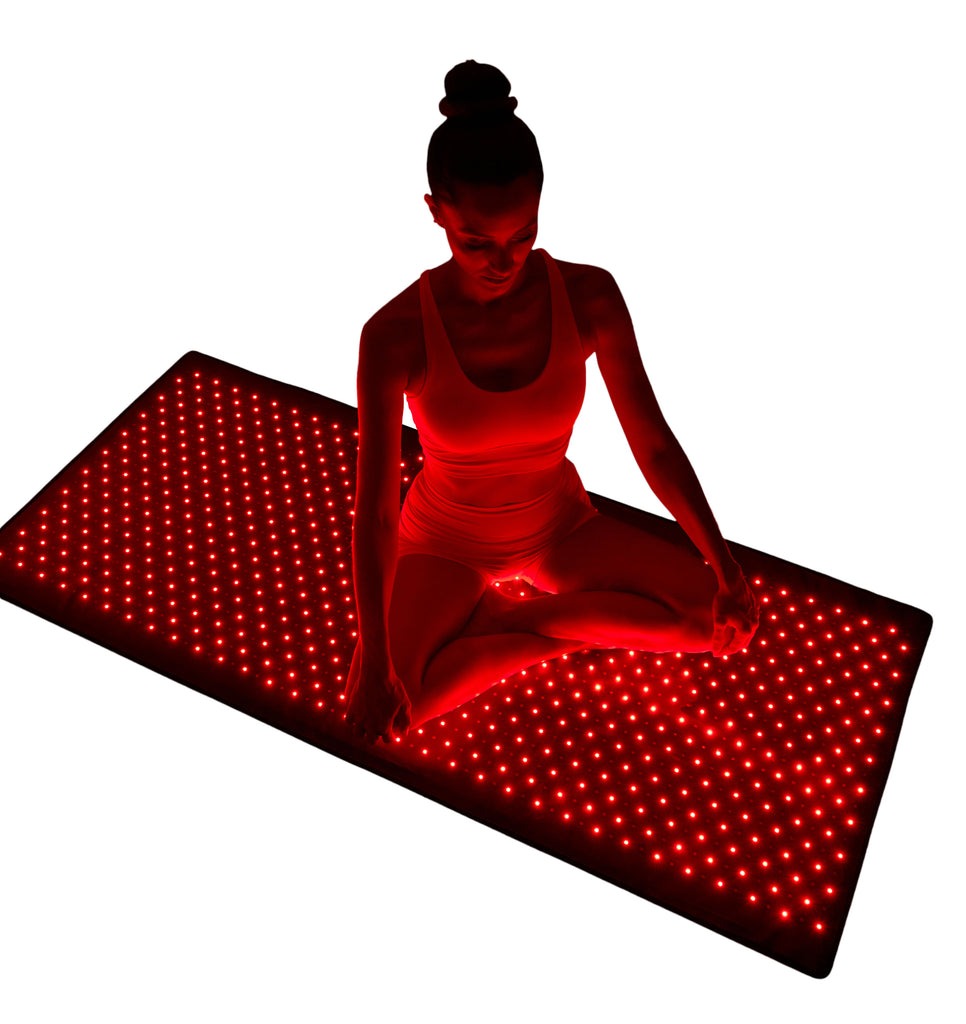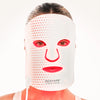
Epilepsy is a very common condition, to be more specific, the fourth most common when it comes to neurological disorders. It affects the brain and is the cause of recurring seizure. Seizures are a wide range of bursts of electrical activity in the brain that momentarily affects its functions. A variety of symptoms can come along with the seizures. Around 2.6 million adults had active epilepsy according to the statistics during 2013-2015 in the U.S.
Epilepsy is a chronic condition that can eventually be treated to control the symptoms but the treatment isn’t effective for everyone. For this reason, there are around 1 million people that have uncontrolled epilepsy in the U.S. On this basis, science has been exploring the different treatments that the people with epilepsy (controlled or uncontrolled) can benefit from.
Brain Photobiomodulation (PBM) has been shown as being an effective treatment that could overcome the shortcomings linked to anticonvulsants. Different studies have explored the effect of PBM and have come up with the following discoveries:
-PBM can modulate the imbalance between neurotransmitters by regulating glutamate and GABA (does this stand for Gamma-aminobutyric acid? release in the cortex and hippocampus, which is responsible for the control of many processes, counting the brain’s general level of excitation.
-PBM increased cell viability (number of living cells) in neurons and improved mitochondrial dysfunction, which increases the production of adenosine triphosphate (ATP), responsible for the source of energy for use and storage at the cellular level, in a status epilepticus-induced drug.

Despite the fact that there is insufficient evidence regarding the different models of epilepsy to confirm the efficacy of PBM, the present findings suggest that PBM may be an innovative treatment for epilepsy in the future. Finally, photobiomodulation studies relevant to neuroprotection in epilepsy suggest that LED 810 nm, 25 mW/cm2 increased cell survival, ATP production and MMP decreased Ca2 release, ROS and NO production.
Bright light therapy has been shown to decrease the body’s production of melatonin, the hormone responsible for sleep and wake cycles.
Moreover, detailed studies have also shown a significant decrease of levels of depression and anxiety in patients with epilepsy (especially focal epilepsy).
To conclude, numerous studies have discovered that PBM can indeed help some patients overcome certain symptoms that come along with epilepsy.
























